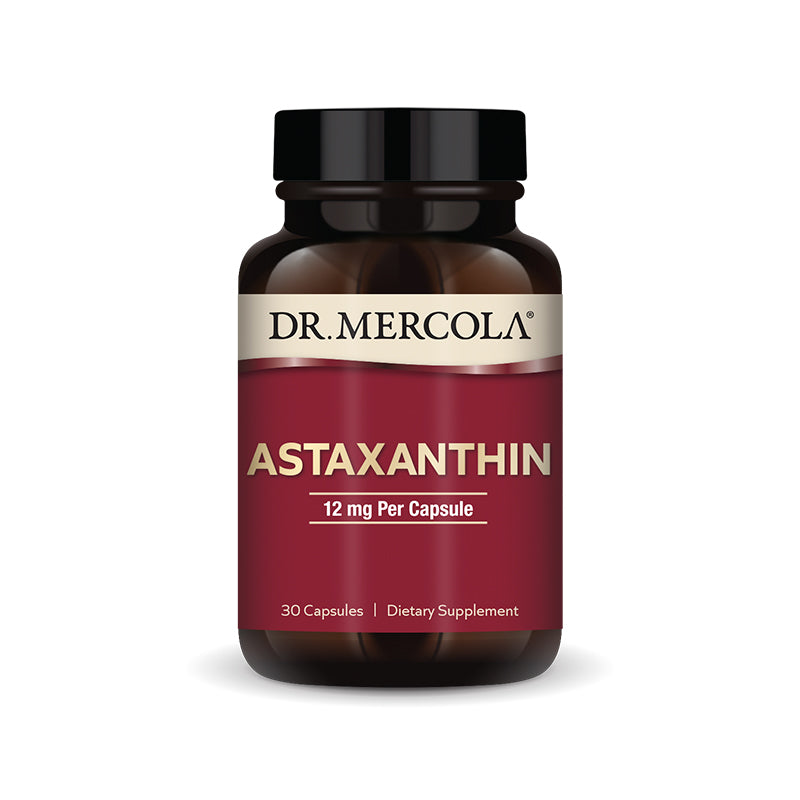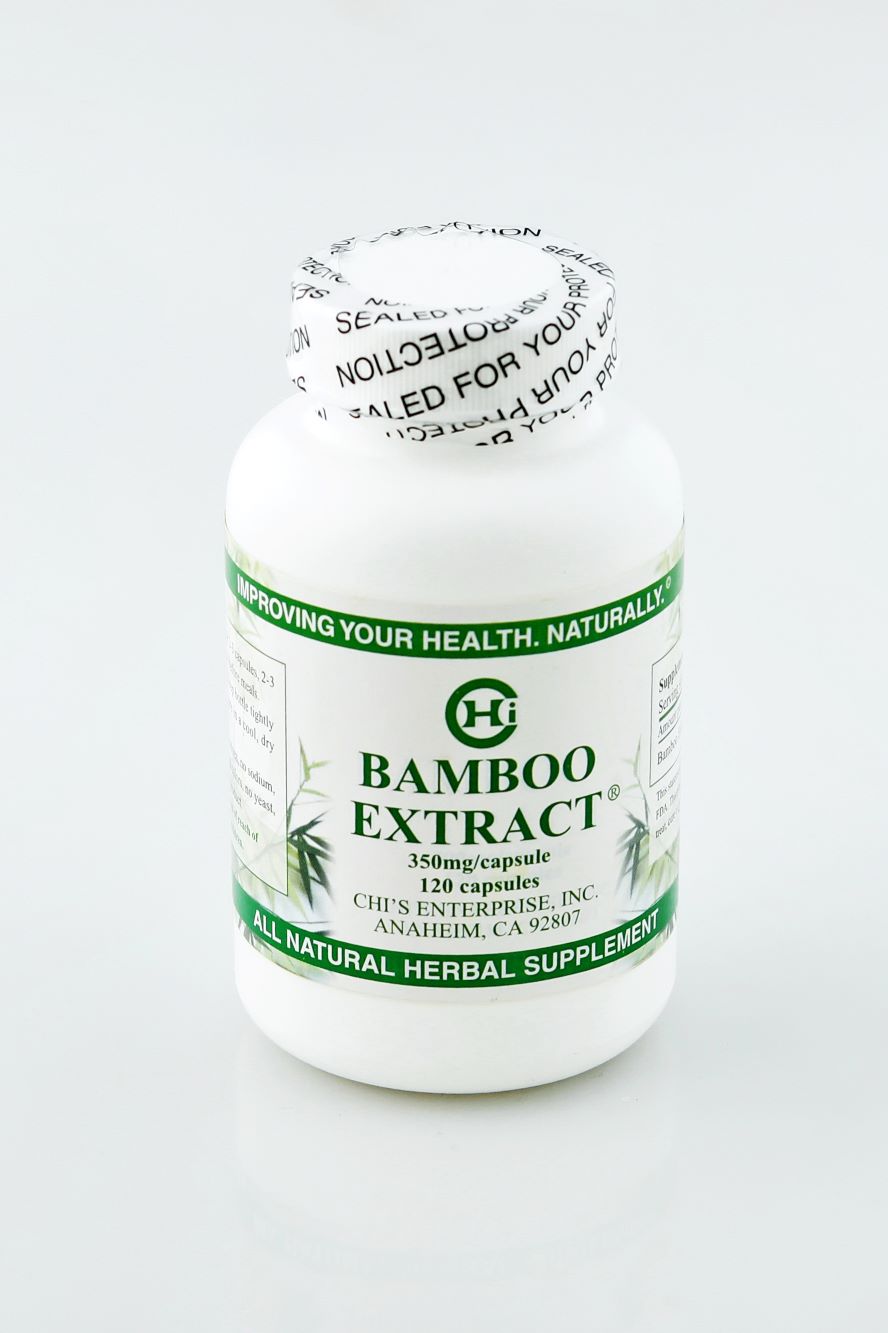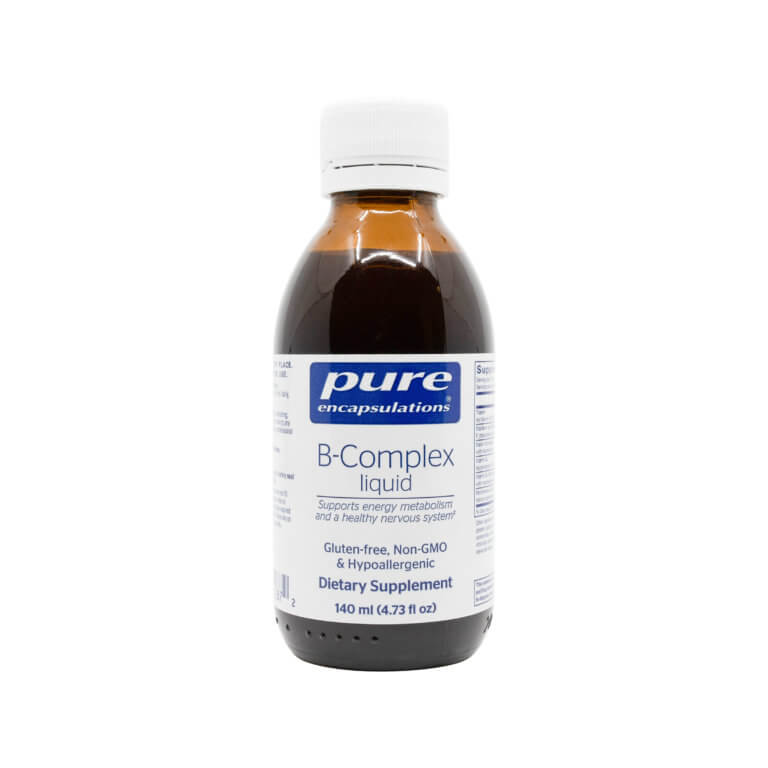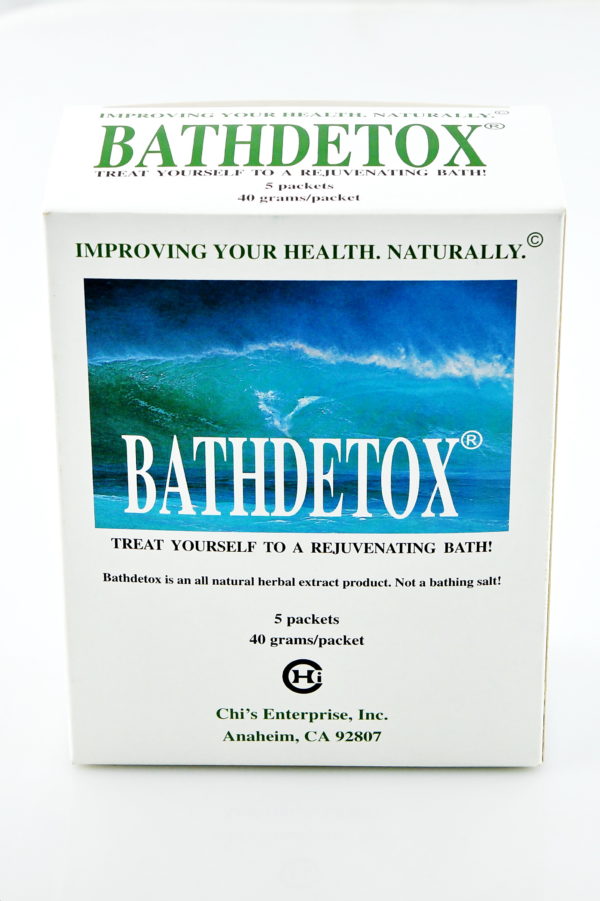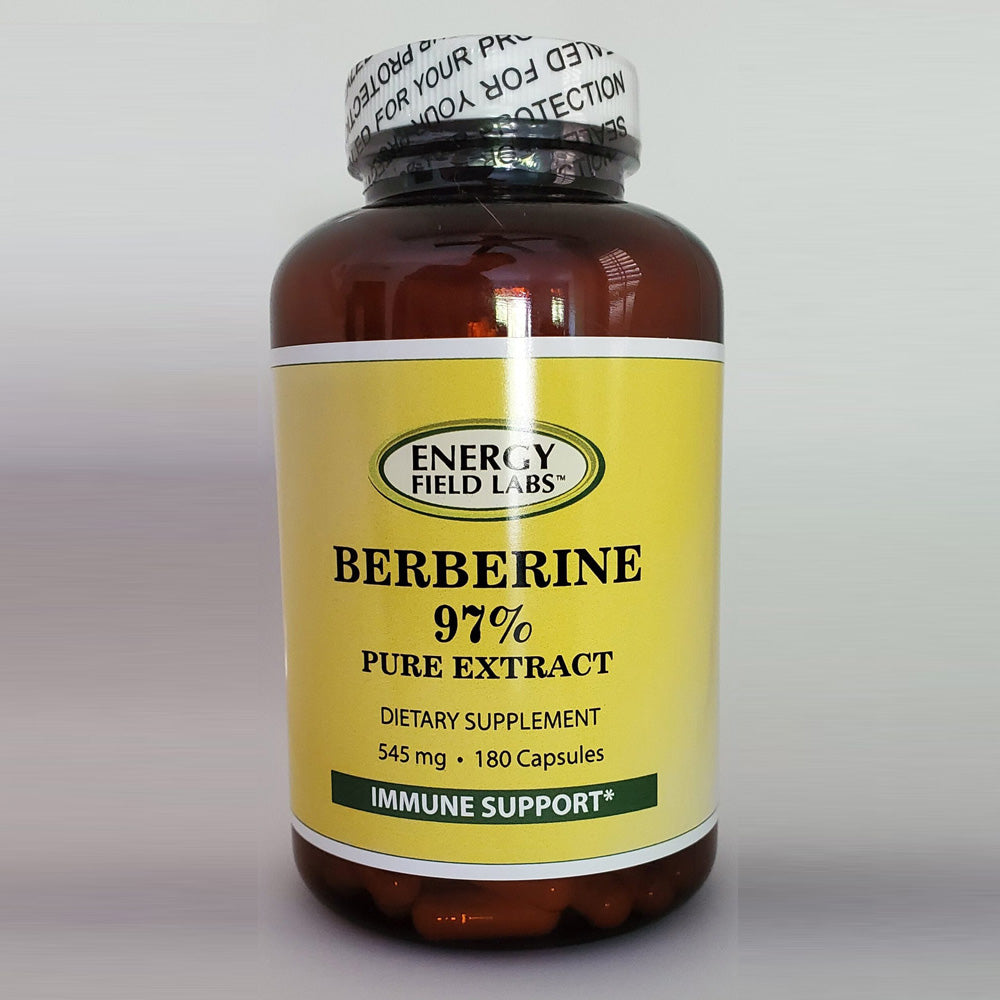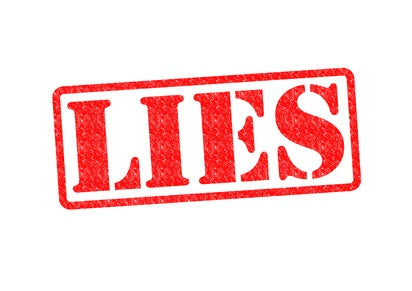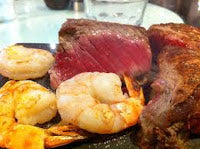It’s the beginning of a new year and what is one of the biggest new year’s resolutions for so many? If you guessed weight loss, you are right on! Did you know that most of the people that are making this resolution this year also made the same resolution last year? Perhaps you are one of them? If you are, do not fret and do not blame yourself. There is sooooo much poor information on weight loss that it is no wonder so many people find themselves floundering around attempting to lose weight, and keep it off. Today I will expose the top 10 weight loss lies so you do not get caught up in this trap.
Lie Number 10: Weight loss is all about what you eat
Yes, what you eat plays a role in weight loss but many people are so frustrated and hopeless because they are actually doing an amazing job of watching what they eat, yet weight loss still eludes them. Hence the frustration and weight loss. One of the most common challenges we see with clients on a regular basis that holds them back from losing weight is actually adrenal function. Understand that if your adrenals are fatigued and insufficient this will have a direct affect on your body’s ability to regulate body weight and fat. This is most notable with fat around the midsection. Also recognize that your adrenals play a direct role in thyroid function and inflammation that could also impact your inability to lose weight. Keep moving forward on making the correct nutritional choices, but if this is not working for you, this is most likely an adrenal hormone imbalance. To understand if adrenal insufficiency is a problem for you, take our complimentary Adrenal Stress Profile assessment.
Lie Number 9: Once you lose the weight you can go back to what you did in the past
I see this time and time again. I had a client years ago that was about 50 pounds overweight and was diagnosed with type II diabetes, high cholesterol and hypertension. It was recognized that he had a gluten sensitivity and needed some adjustments to his overall nutrition plan (he ate too much sugar and processed food) and he also had depleted adrenal function. He eliminated gluten from his diet, cut back significantly on sugar and processed foods and we focused on assisting his body in balancing adrenal function. With our guidance and his focus, in about 3 months time, he had lost about 40 pounds and was off all the medications he was on for his diagnosed diseased states. During one of his follow up appointments he mentioned that since he reached his goals, can he go back to eating gluten and other flour products. I of course mentioned that eating as he did in the past is what lead to his weight gain and health challenges and going back to this would only put him back to square one. This may seem silly to some of you reading this but we see people do this all the time. Eliminate challenging foods, poor health habits and/or triggers to adrenal insufficiency or other health issues only to go right back to the old habits after reaching their goals. The key is to stay the course of action and make your changes are part of your new life’s patterns.
Lie Number 8 : Eating 6 small meals is best for weight loss
There is not enough evidence to support the idea that eating smaller and more frequent meals will improve weight loss results. Recent research found no weight-loss difference between people who eat 3 meals vs. 6 daily meals. Eating 6 meals a day can work for someone who has a lot of discipline, but for others, it is like offering an alcoholic a glass of wine 6 times a day. Not everyone’s willpower can take it. There is one important factor to recognize in the 3 meal or 6 meal debate. If your adrenal function is healthy, eating 3 balanced meals right for your bio-chemical individuality (AKA Nutritional ID) is preferred. If your adrenal function is low and you are dealing with adrenal fatigue and insufficiency, snacks between meals and even a small snack before be may be needed. This is due to the fact that cortisol will assist in regulating blood sugar between meals and supply your brain with the proper blood sugar levels for optimal neurological function. I find that those with poor adrenal function and low cortisol production need to minimally have a snack between lunch and dinner and often a couple of bites of protein before bed. This would help with the potential brain fog in the afternoon and help with sleep patterns caused by low blood sugar. Understand that this is putting a “band-aid” on the issue thought and addressing adrenal function and the triggers are the ultimate key.
Lie Number 7: Skipping meals is a great way to lose weight
Skipping meals is very bad idea and can result in poor nutrition, fatigue and a fight/flee response in your body. One of the common meals I see people skip is breakfast and this is a disaster for most. If you skip breakfast, this will often lead to a stress response in your body, leading to and adrenal and pancreas response. Elevated cortisol will have a direct affect on the pancreas and lead to an insulin response, this driving sugar cravings later in the day. So while you may miss a food choice during the morning or other point in the day, this will most often lead to a much worse choice later in the day for you. Consistently skipping meals will push most into an ugly and unhealthy cycle that interestingly enough, will leave leave you actually gaining weight and not losing.
Lie Number 6: There is a weight loss diet plan that works for everyone
What should you do to lose weight? Become a vegan or vegetarian, follow the Atkin’s diet, Paleo diet, low carb, high carb…you get the picture right? There is not a legitimate “one size fits all” diet plan to lose weight. We are all individuals bio-chemically speaking and have different function challenges that we are dealing with and our meal plans should be reflecting this. This is why we assess the Nutritional ID for our clients at Depke Wellness. After all, as quoted by Hippocrates some 2600 years ago, “One man’s food, is another man’s poison.” This is just as true today.
Lie Number 5: Everything in moderation
I hear this one all the time and all I can say is lie, lie, lie. We see so many clients living with food sensitivities such as gluten or other cross reactive food sensitivities and if you are eating these in moderation, good luck with weight loss. The challenge with consuming a food choice that you are sensitive to is that this consumption leads to inflammation in your gut, poor absorption and assimilation of nutrients, gut/brain challenges and adrenal insufficiency, all of which will lead to weight gain. I am not saying you have to be perfect all the time (I am not personally) but it is essential to eliminate foods that you are sensitive to if you want to lose weight. I have often heard from clients in the past that have gluten sensitivities, share that they are “gluten light.” Saying that they only eat gluten once or twice per month. Well, if you have a gluten or other cross reactive food sensitivity, you only have to consume that food once per month to continue the entire cycle of inflammation, poor digestion, adrenal insufficiency and weight gain. Say NO, to everything in moderation.
Lie Number 4: It’s all about the calories
It may seem illogical, but cutting too many calories from your diet can be bad for your waistline. The problem with severe calorie restricting diets is that they put your body into starvation mode, leading to the cortisol/insulin challenges mentioned early and preventing you from burning extra fat. We also have to recognize that all calories are not created equal. An average avocado has approximately 234 calories in one cup while one medium slice of bread will have approximately 185 calories. So eat the bread right? WRONG! It’s not the calories that packs on the weight, it is the raise in blood sugar and insulin that packs on the weight. Consuming calories from sugar or processed foods is a weight loss disaster. When working with clients, we don’t even consider calories, we simply recommend keeping your food consumption based on low glycemic levels based on our Nutritional ID meal plan. One last share is that we often find clients hit new weight goals by increasing fat, which of course is much higher in calories. So much for calories in and calories out.
Lie number 3: Your weight gain is from body fat
Most people think that as they are gaining weight, they are actually increasing fat. Based on our clients, we understand that this is often not the case. So many of our clients are actually gaining weight based on chronic inflammation. Recognize that the common triggers for inflammation are food sensitivity, the standard American diet (SAD) which is high in sugar and processed food, chronic stress, gut pathogens and adrenal insufficiency. As your inflammation increase, so will your numbers on your scale in the morning. Now the kicker here is that chronic inflammation will increase fat cell production, with then creates insulin resistance, insulin surges and eventually more inflammation. Which in turn creates, you guessed it, more fat cells. And round and round we go. This is why we always address the triggers for inflammation, adrenal function and inflammation specifically with our clients.
Lie Number 2: You need to do aerobic exercise to lose weight
This is the lie we see in action with clients on a regular basis. I would agree that movement is one of the keys to successful weight loss but as mentioned previously, most people are suffering with adrenal issues. When you are in a moderate to late stage adrenal insufficiency focusing on aerobic activity will actually worsen your adrenal function. This will then have a direct affect on thyroid, pancreas and ovary function, protein and fat metabolism, your ability to regulate body weight and fat, immune regulation, pro and anti-inflammatory states, blood sugar balance, cellular energy (who doesn’t want more energy these days?), muscular/skeletal health, sleep, mood, mental clarity and neural connectivity. So before you jump into your new year’s aerobic exercise plan, take a look at your adrenal function first. If you are in a moderate to late stage, you would focus on anaerobic activity such as weight lifting, gentle yoga, casual walk or bike ride, stretching or burst training. Don’t be the person working your butt off, only to see yourself gain weight. You’ve likely seen this person in the past and perhaps this is you?
Lie Number 1: Eating fat makes you fat
Eating fat does not make you fat! This is a simple functional fact. What makes you fat from a nutritional perspective is consuming foods that raise your blood sugar and insulin. Here is a simple bio-chemical fact. When you eat fat, your body uses the fat that you need and releases any excess via your breath and your urine. This is one of the reasons I mentioned above that we never worry about calories specifically and especially fat calories. Consuming adequate fat also boost your satiety which will curb cravings and provide a higher energy response. Fat is also one of your essential macro-nutrients which are essential for you brain and overall body function. The problem with fat is when you consume foods that are higher glycemic foods. Higher glycemic foods will raise blood sugar and most often leave you with elevated insulin. This elevated insulin with then create a very different response with fat that is not used by your body. The combination of unused fat and elevated insulin will then promote fat storage and elevated triglycerides or fat in your blood. So enjoy your fat (*good fats), just don’t eat this with higher glycemic foods. *Examples of good fats are avocado, olives, coconut, quality fish oils and organic butter and raw cheese for those that are not dairy sensitive. If you want to reach your weight loss goals, this is what we recommend to our clients at Depke Wellness:
- Focus on your fundamentals of health (deep breathing, hydration, nutrition, sleep, movement, sun exposure and deal with stress in a healthy way)
- Assess adrenal function and assist your body in balancing adrenal hormone production with the Adrenal Recovery System
- Understand your personal food sensitivity challenges
- Understand your personal bio-chemical needs for nutrition (AKA Nutritional ID)
- Focus on a healthy gut/brain connection
- Reduce or eliminate inflammation
- Maintain healthy phase I and phase II liver detoxification pathways


